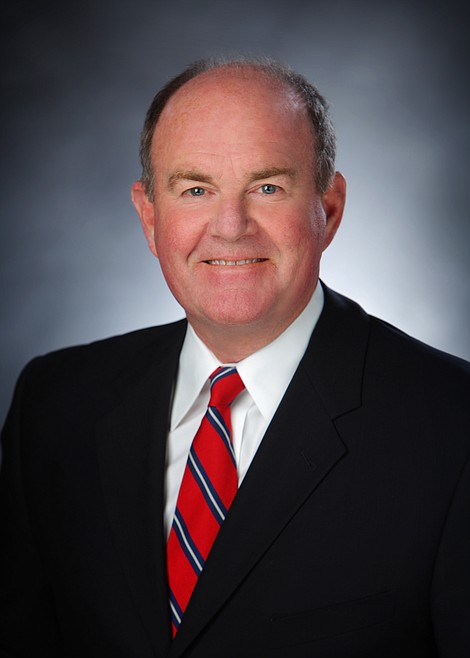Op-Ed: Uniformity transparency committee update
In our local elections our voters decide who serves as our local leaders…mayors, city council members, school board members, fire district commissioners, etc. These elected positions are important not only in terms of local leadership, but these elected leaders are responsible for setting or approving their local entities’ budgets. These local budgets are the controllable factor in determining what you will pay in your local property taxes.
To help in this process House Bill 73 was passed last session, with the goal of both the Legislature and the Controller’s Office to make these local budgets more uniform, easier to understand, and more transparent for all. Our first meeting of the Uniform Accounting and Transparency Committee was held on Sept. 24. So far, the State Controller has hired the necessary personnel, and is already uploading school district data and beginning to create the standards and guidelines for reporting in the new uniform accounting manual. More importantly, many local entities have chosen to join the start up of this effort already. These include the cities of Hayden, Dalton Gardens, Rathdrum, Sandpoint, Bonners Ferry, as well as Kootenai and Bonner counties. Many Local Education Authorities are participating as well.
As discussed in this meeting, the benefit for our local officials will be in comparing best practices with similar entities across the state to help improve efficiency. In the private sector, franchisees use identical statements/accounting manuals to report their performance to their franchisors. Many of these franchisees, from non-competing areas, meet to review their performance, comparing their statements, line-for-line, exchanging ideas or processes that make them more efficient. Providing this data transparently, on the Controller’s Transparent Idaho website, to our local officials will be invaluable in their process of setting the most efficient budgets possible.
For the taxpayer, the Committee’s goal is to use this uniformity and transparency to make it easier for local taxpayers to better understand these budgets, to help them, “Know how their money is being spent.” In addition, the State Controller’s Office will place efforts toward local entities’ ongoing financial transactions which will provide expenditure visibility for our citizens. As these transparency efforts mature, citizens will gain additional access to transactions that are currently harder to view, including payments the state makes to our local taxing entities (i.e., sales-tax distributions, liquor tax distributions and transportation tax distributions, etc.). Again, the goal is to let the local taxpayer know, easily and transparently, how much state money flows into their local taxing districts.
Our committee understands that the budgeting process is hard work, that our local officials take their job seriously. At the same time, with this information the taxpayer can more easily participate in the conversation on their local budgets and their local property taxes. As the state does not collect one penny in property tax, this is where the conversation needs to take place, locally…
• • •
Jim Addis, Idaho House of Representatives, District 4, Seat A.

